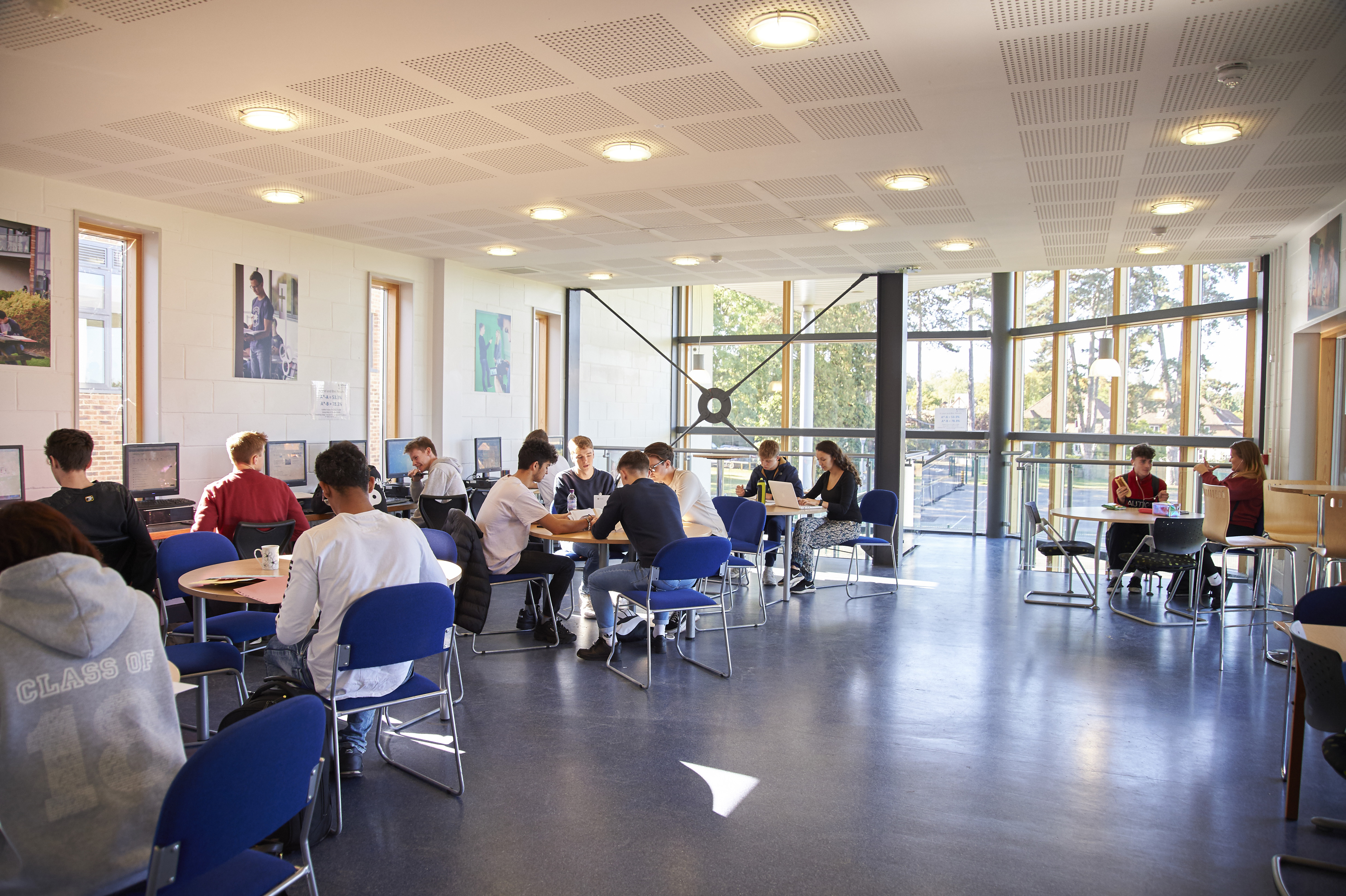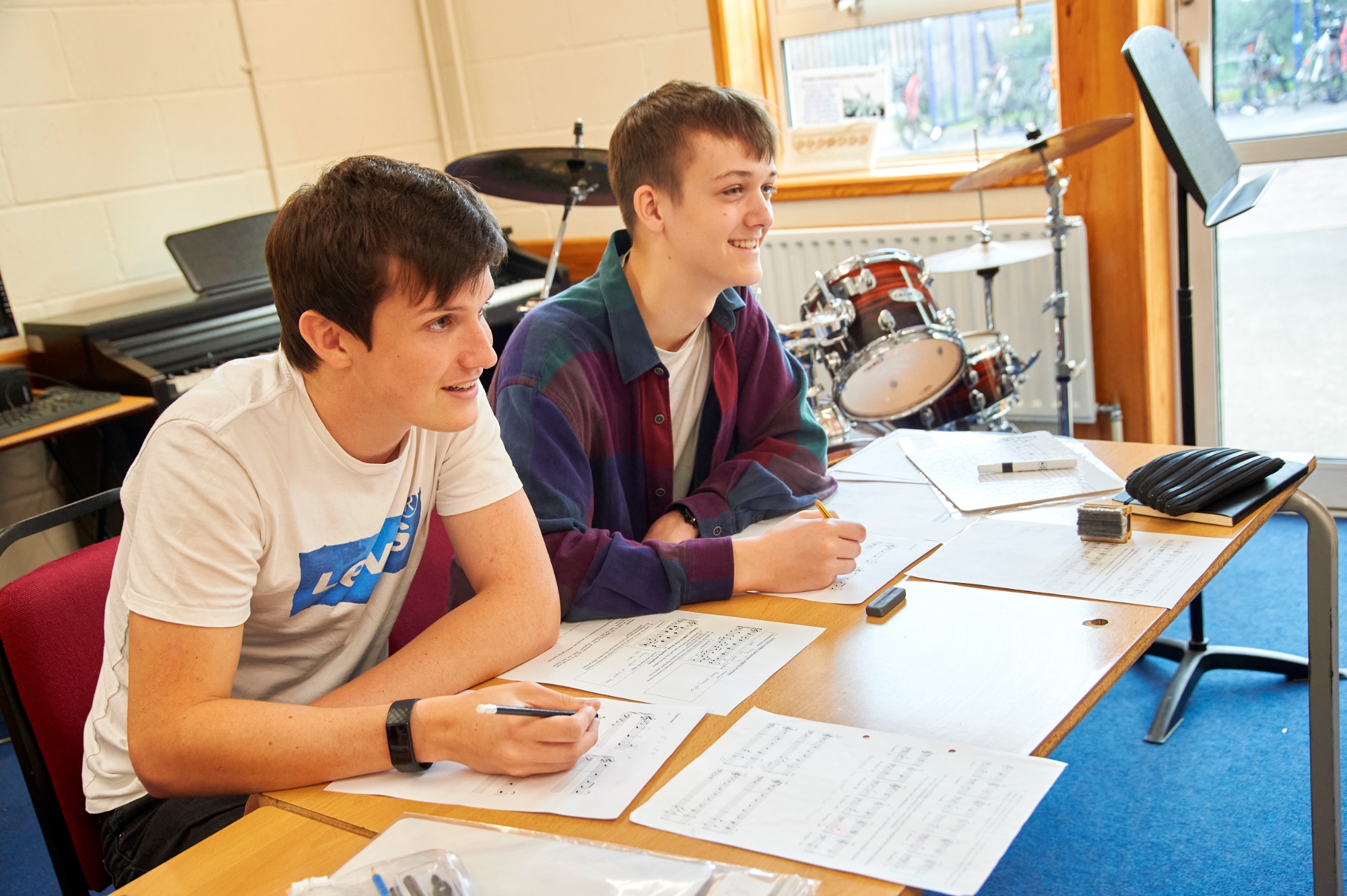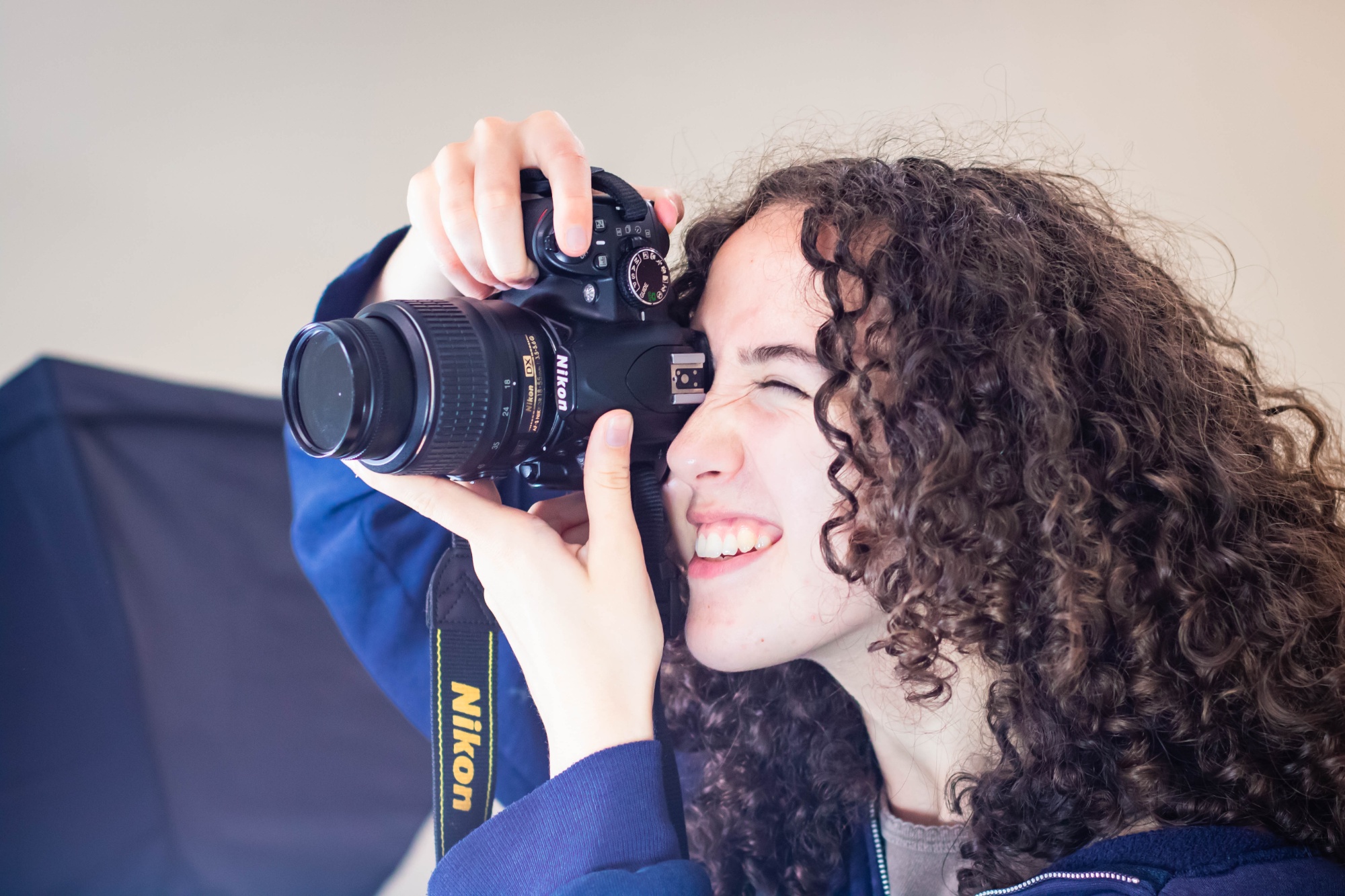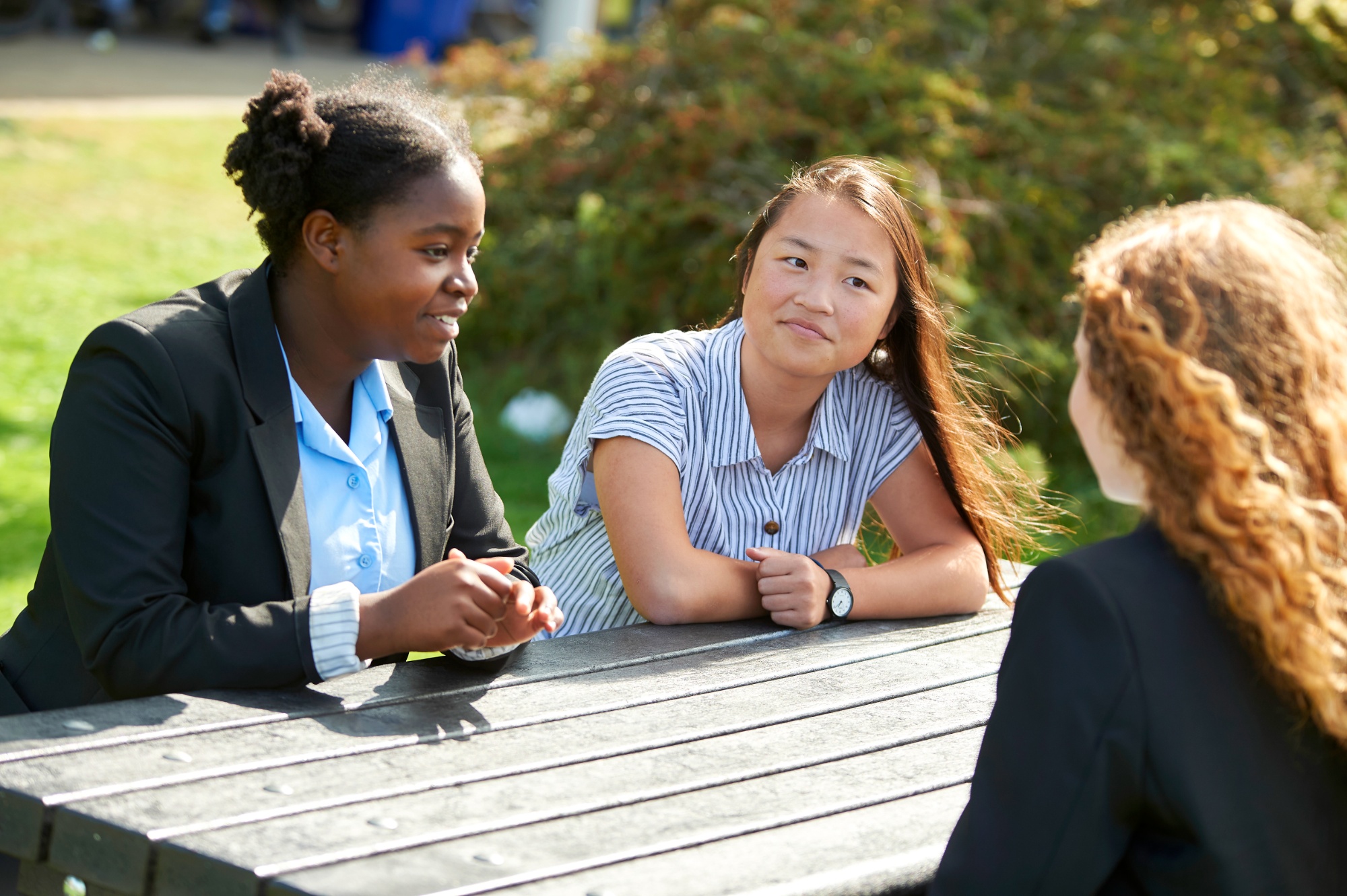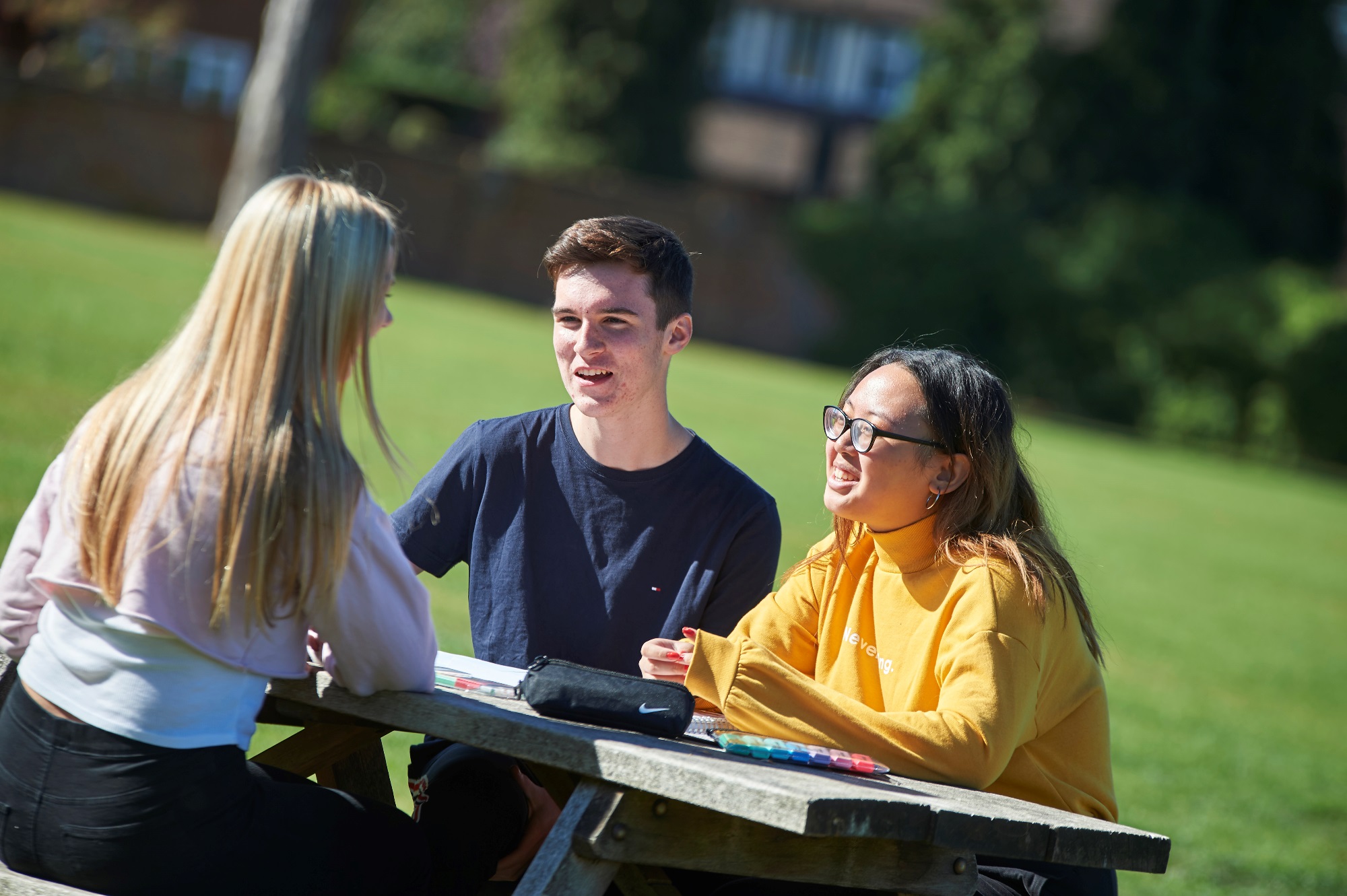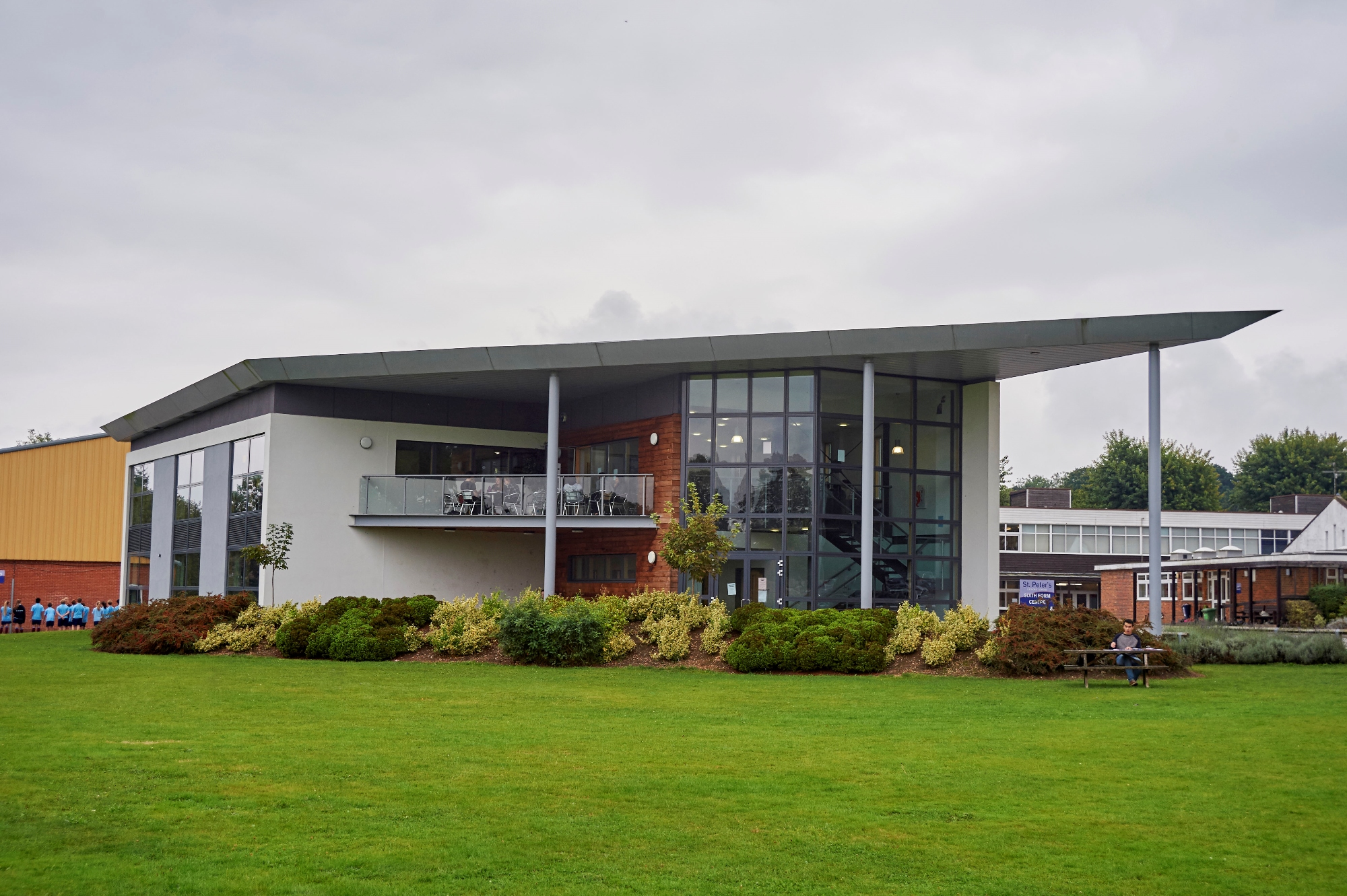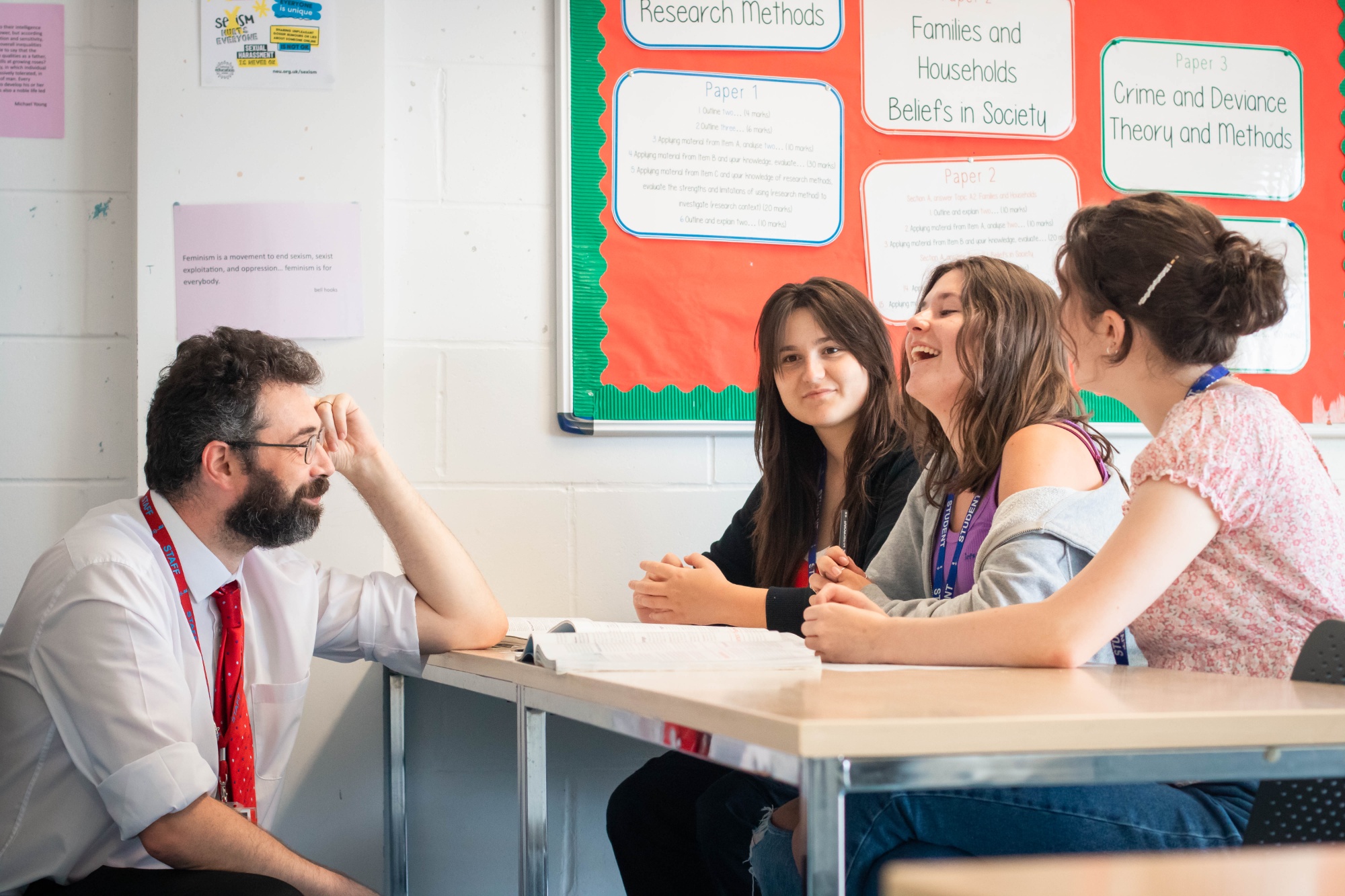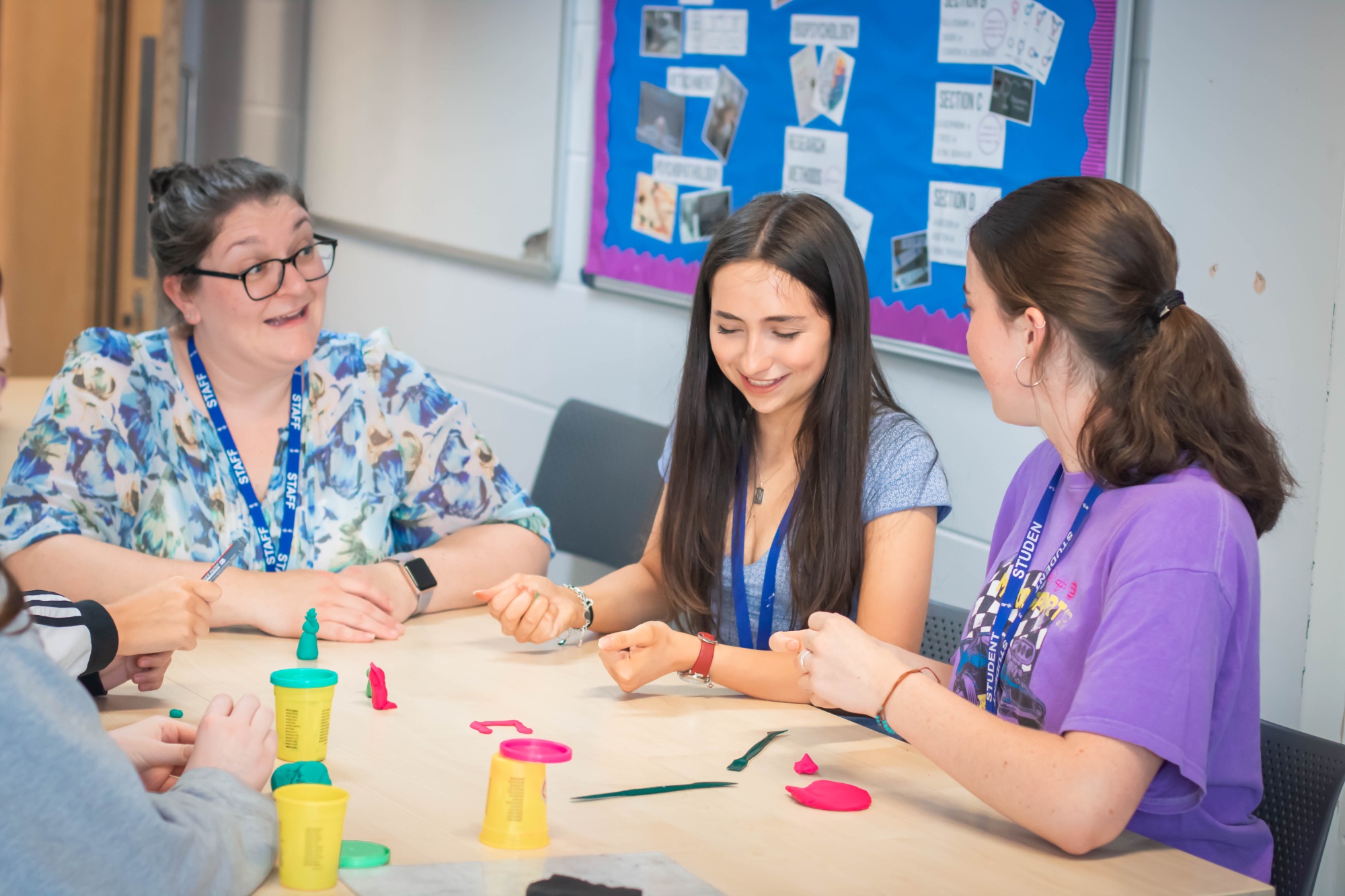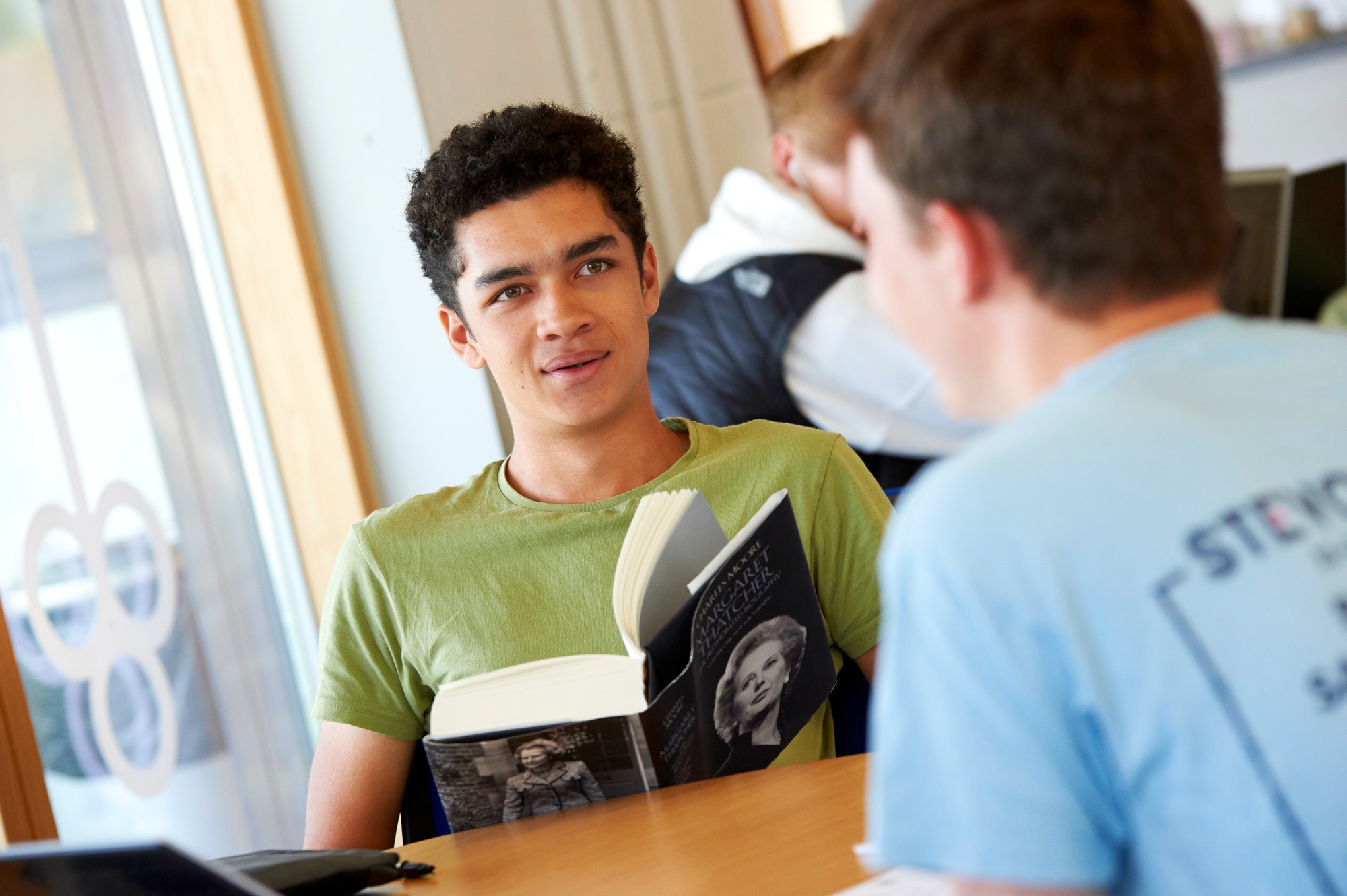English Literature
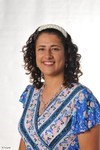
Mrs N Shearer-Freyne
Head of English
THE TEAM
| Miss S Conway | Teacher of English |
| Mr S Crome | Teacher of English and Deputy Head |
| Mrs E Fraser | Assistant Head of English and Coaching Sixth Form Lead |
| Mrs C Johnson | Teacher of English and ECT and ITT Lead |
| Mrs K Steady | Teacher of English and Head of Year 12 |
| Mr E Martin | Teacher of English |
INTRODUCTION TO THE DEPARTMENT
At Key Stage 5, we offer both English Language and English Literature A Levels examined through AQA. English Literature is a challenging subject which offers a range of opportunities for students to develop their breadth of knowledge and appreciation of classical literature.
WHY STUDY ENGLISH LITERATURE?
A challenging and exciting subject, English Literature offers a range of opportunities for students to develop their literary skills. Through the study of novels, plays and poems students explore conventions of genre. Students have the opportunity to critically analyse, evaluate writers’ intentions and reflect on a range of contemporary and historical issues.
This specification encourages students to understand how narrative works, to look at genre and to learn about critical approaches to texts. Students discover how central narrative is to the way literary texts work and they are introduced to the different aspects of genre. Encouraging wide and independent reading, the course also considers different types of critical approach and how texts can reflect cultural meanings.
FUTURE ACADEMIC AND CAREER PATHWAYS
Journalism, teaching, publishing, advertising and PR, marketing, law business and arts administration.
COURSE CONTENT
Students will be studying the AQA English Literature B syllabus.
Year 12
Paper 1: Literary Genres (40% of the A Level). Students study three texts: one Shakespeare play, a second drama text and one further text. Students study the genre of tragedy. The paper for this component is closed book and therefore students are not permitted to take a copy of their set texts into the exam.
Year 13
Paper 2: Texts and Genres (40% of the A Level). Students study the modern genre of crime writing. These genres, which are heavily influenced by culture, are continually evolving. Students study three texts: one post-2000 prose text, one poetry and one further text, one of which must be written pre-1900. They also respond to an unseen passage in the exam. The paper for this component is open book and therefore students may take a copy of their set texts into the exam.
Non-examination Assessment: Theory and Independence (20% of the A Level). Students have the opportunity to work independently writing about two different literary texts. This is generally started in the summer term of Year 12 and completed in the first term of Year 13. One of the texts must be a poetry text and the other must be prose. Each text must be linked to a different section of the AQA Critical anthology. Theories include Feminism, Marxism, Eco-critical, Post-Colonial, Narrative and the Canon.
ASSESSMENT
40% Paper 1: Literary Genres
40% Paper 2: Texts and Genres
20% NEA: Theory and Independence
EXTRACURRICULAR OPPORTUNITIES
• Trips to the theatre
• Study days in London
• Cinema adaptations
• Stratford-upon-Avon residential
COURSE REQUIREMENTS
Grade 6 in GCSE English Language and Literature is required. The most important skill is the ability to write accurately and coherently. It is also important to be able to read texts closely and to use a variety of literary terms and expressions.

